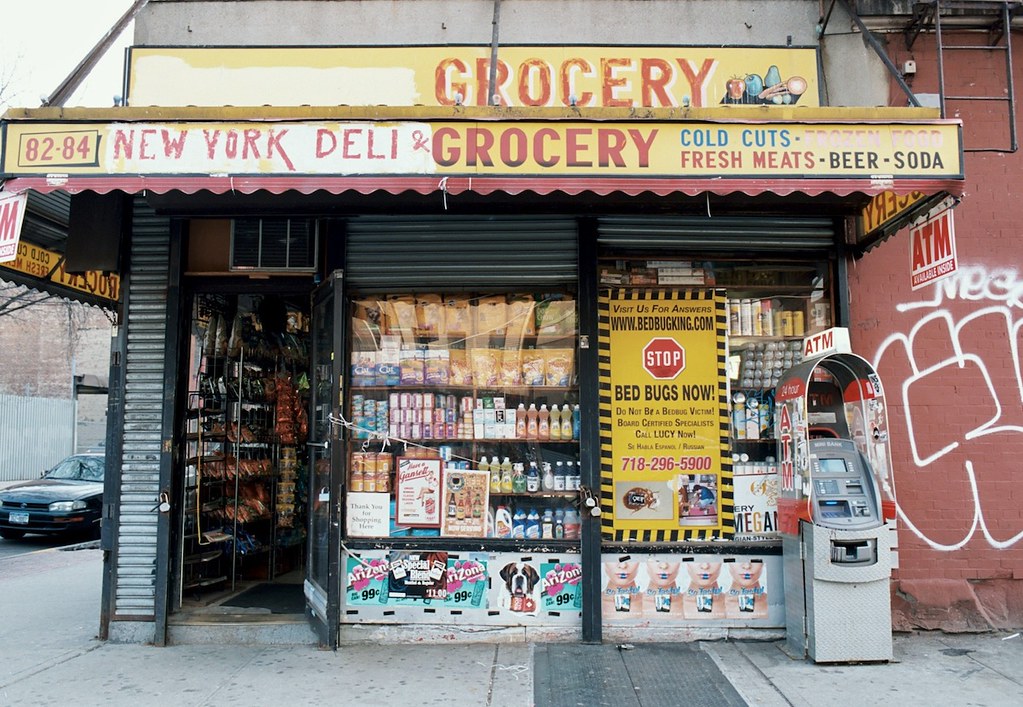In the midst of rising inflation, many Americans are feeling the strain of skyrocketing grocery prices, forcing them to make tough choices about what they can afford. While major corporations continue to prioritize profit margins, it is small businesses that are stepping up to support their communities in ways that truly make a difference.
In the Bronx, one bodega is easing the financial burden. Pamela’s Green Deli is stepping in to help its customers stretch their dollars by selling eggs in small amounts, rather than requiring them to buy a full dozen each visit.
“I do it because I care,” owner Fernando Rodriguez, who started selling a few eggs at a time a few weeks ago, said.
This may seem like a small difference to some, but to others it can mean the difference between having breakfast or going without.
It stands as a reminder that in times of economic hardship, real relief often comes not from corporate giants, but from local businesses that actually understand and care about the people and communities they serve.
In New York City, eggs are required to be sold in packages labeled with grade, count and size, which makes Pamela’s Green Deli’s sale of eggs in small increments a risk. “We’re taking the risk right now,” Rodriguez told NBC News. “We care more about the community.”
The price of large, Grade A eggs surged from $2.52 per dozen in January 2024 to $4.15 by December, marking a nearly 65% increase in just one year, according to data from the U.S. Bureau of Labor Statistics.
This sharp rise in costs can be traced back to the outbreak of highly pathogenic avian influenza, known as the bird flu. In December 2024 alone, the U.S. Department of Agriculture reported that 23.2 million birds had to be culled due to the virus, leading to a nationwide egg shortage.
The impact of the outbreak extends beyond grocery store shelves — on Feb. 7, Gov. Kathy Hochul announced the closure of live bird markets across the state after the virus was detected in seven markets within NYC.
Although the pandemic and inflation have driven up food prices across the board, the ongoing egg shortage is directly linked to a severe bird flu outbreak.
According to the Centers for Disease Control and Prevention, the virus first hit U.S. turkey farms in 2020, but by 2024, the H5N1 strain had spread to goat kids and dairy cows.
Last April, the first documented case of cow-to-human transmission was reported, adding to the more than 60 human infections recorded so far.
Pamela’s Green Deli’s decision to sell eggs in smaller quantities is a small but powerful example of how inflation is reshaping everyday choices, particularly in working-class communities. As the cost of essential goods continues to rise, families are forced to adjust their spending habits, often sacrificing necessities to make ends meet.
While large corporations are prioritizing profits — with some like Waffle House even charging a surcharge of 50 cents per egg in orders — small businesses like this bodega are showing that adaptability and community care can go hand in hand.
Pamela’s Green Deli’s willingness to take risks for the sake of its customers highlights the crucial role local businesses play and will continue to play in the city and across the country during times economic hardship — filling in the gaps where larger companies too often fall short.






